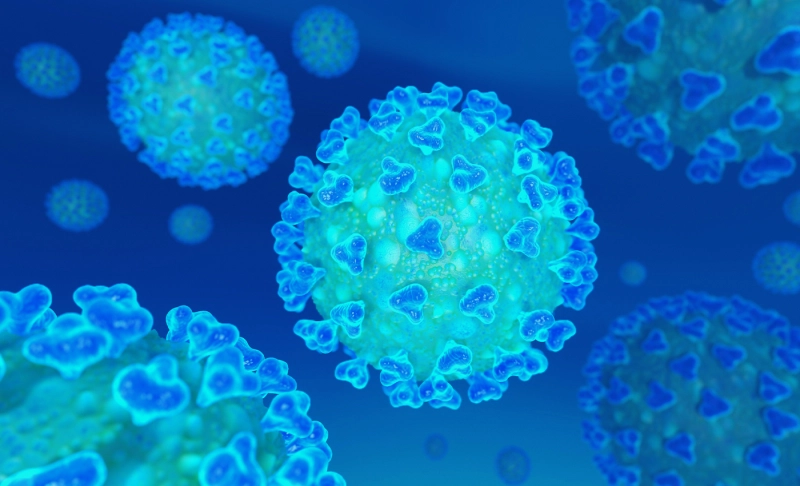September 16 2020
Misleading: Trump: We will develop herd immunity soon.

The Verdict Misleading
Experts have warned that herd immunity can be a long way off and cannot be relied on to stall the pandemic at this juncture.
Experts have warned that herd immunity can be a long way off and cannot be relied on to stall the pandemic at this juncture.President Donald Trump asserted that herd immunity against the novel coronavirus is imminent while answering voters’ questions during a town hall organized by ABC News. Herd immunity occurs when a large portion of the population develops a degree of immunity to the virus either via exposure or vaccine, making them immune and helping reduce the transmission. On Aug. 28, 2020, Dr. Soumya Swaminathan, the chief scientist at the World Health Organization, stipulated that at least sixty to seventy percent of the population is required to have immunity to really break the chain of transmission. However, with the novel coronavirus being a new virus, research is still underway. The scientific community is still trying to understand the trajectory of the spread. A New York Times report published on Aug. 12, 2020, said the threshold could be likely lower at around 50 percent. The report was based on inputs that the NYT had collected from a dozen scientists. While the size of the population required to activate herd immunity continues to be researched, experts have warned that relying on herd immunity as a way to tackle the pandemic can be dangerous and that it may be a long while before immunity levels reach a stage where the transmission starts weakening. “If you allow this to happen naturally, it will take a long time, of course, but more importantly, it’s going to do a lot of collateral damage. So even if one percent of people who get infected are ultimately going to die, then this can add up to a huge number of people, if we look at the global population. And that is why we believe it’s not a good idea to try to achieve herd immunity by just letting the infection run wild in the population and infect a lot of people and that we should talk about herd immunity in the context of a vaccine,” Dr. Swaminathan said. Dr. Mike Ryan, the executive director of the WHO Health Emergencies Programme, explained that the concept of herd immunity is generally used for calculating how many people will need to be vaccinated in a population to protect those who are not vaccinated but cautioned against believing it to be an effective method of curbing transmission. He said, “We need to be careful while using terms in this way around natural infections in humans because it can lead to a very brutal arithmetic which does not put people, life and suffering at the center of that equation.” A report published on Aug. 21, 2020, the World Economic Forum quoted Dr. Ryan as saying, “Right now, as a planet, as a global population, we are nowhere close to the levels of immunity required to stop this disease from transmitting. We need to focus on what we can acutely do now to suppress transmission and not live in the hope of herd immunity being our salvation.” An article published in The Atlantic quoting Graham Medley, a professor of infectious disease modeling at the London School of Hygiene & Tropical Medicine, highlighted that attaining herd immunity should not be the goal in the fight against the pandemic. He stated, “People have misinterpreted the phrase herd immunity as meaning that we’re going to have an epidemic to get people infected.” Medley also said that the actual goal should be flattening the curve by staggering the onset of infections. Herd immunity is a side effect, not an aim. The occurrence of reinfections has also raised doubts about the extent to which the spread of the virus will be hindered by herd immunity. WHO has cautioned that there is currently no evidence that people who have recovered from COVID-19 and have antibodies are protected from a second infection. Infected people may have some level of protection against the virus. However, the level and duration of protection are still not known. During the town hall, Trump asserted that coronavirus would disappear, and attaining herd immunity is no longer a distant aim. Although scientists have not denied that herd immunity can be achieved and that can help curb transmission, it is misleading to emphasize at this juncture that herd immunity is imminent and that will catalyze the end of the pandemic.


